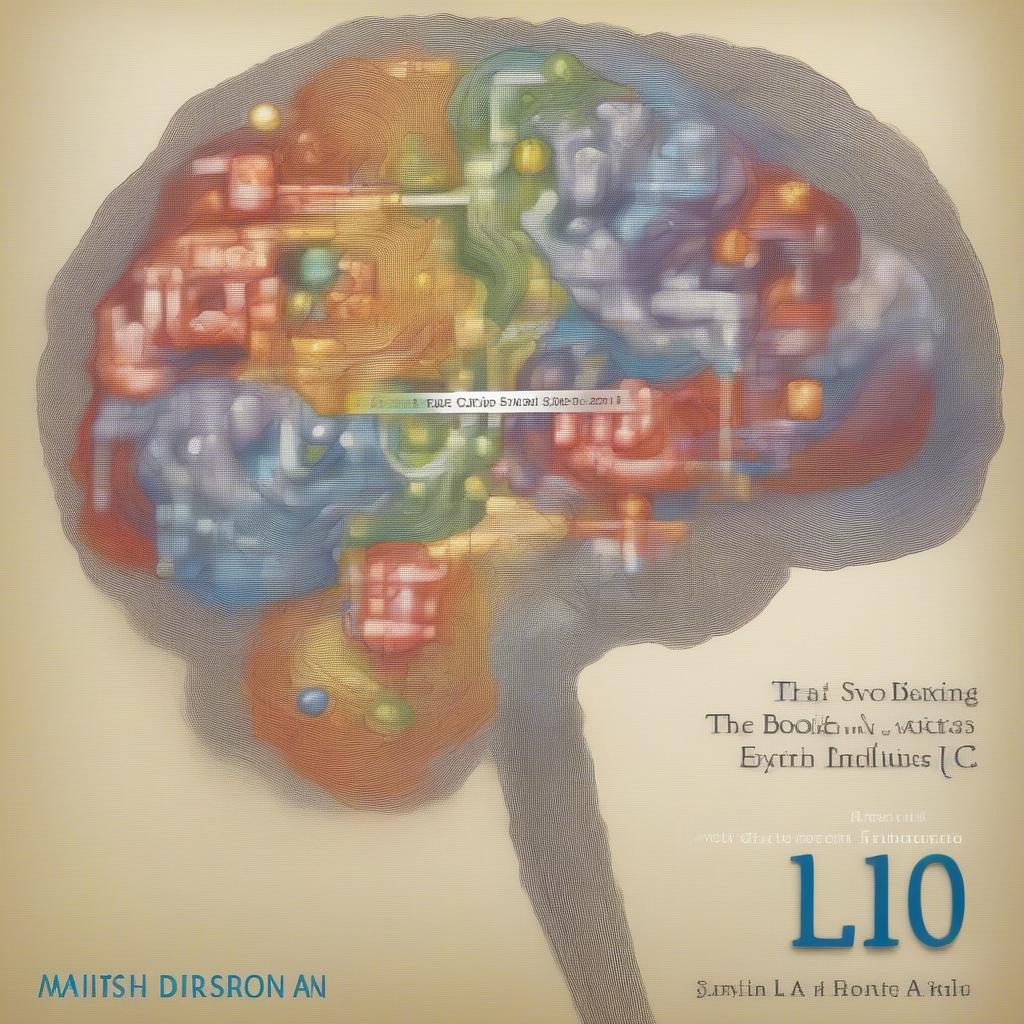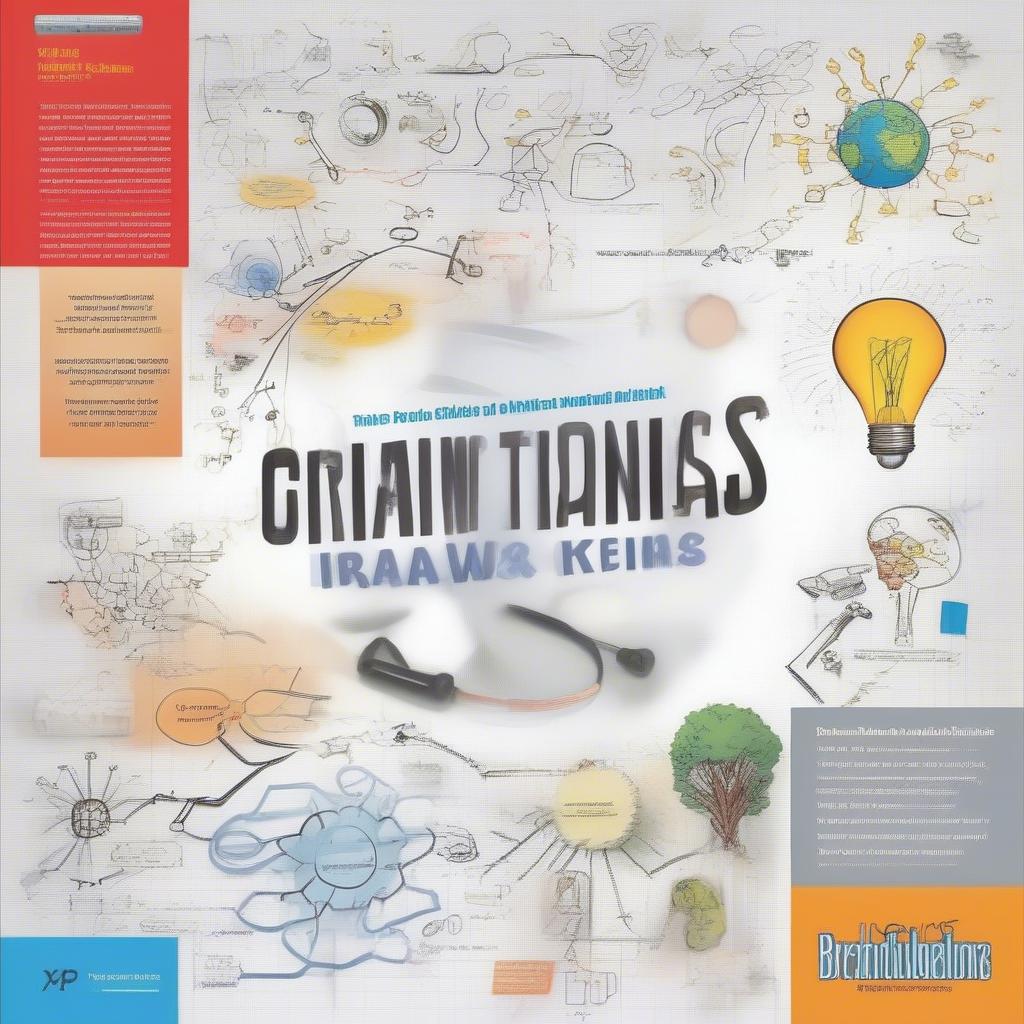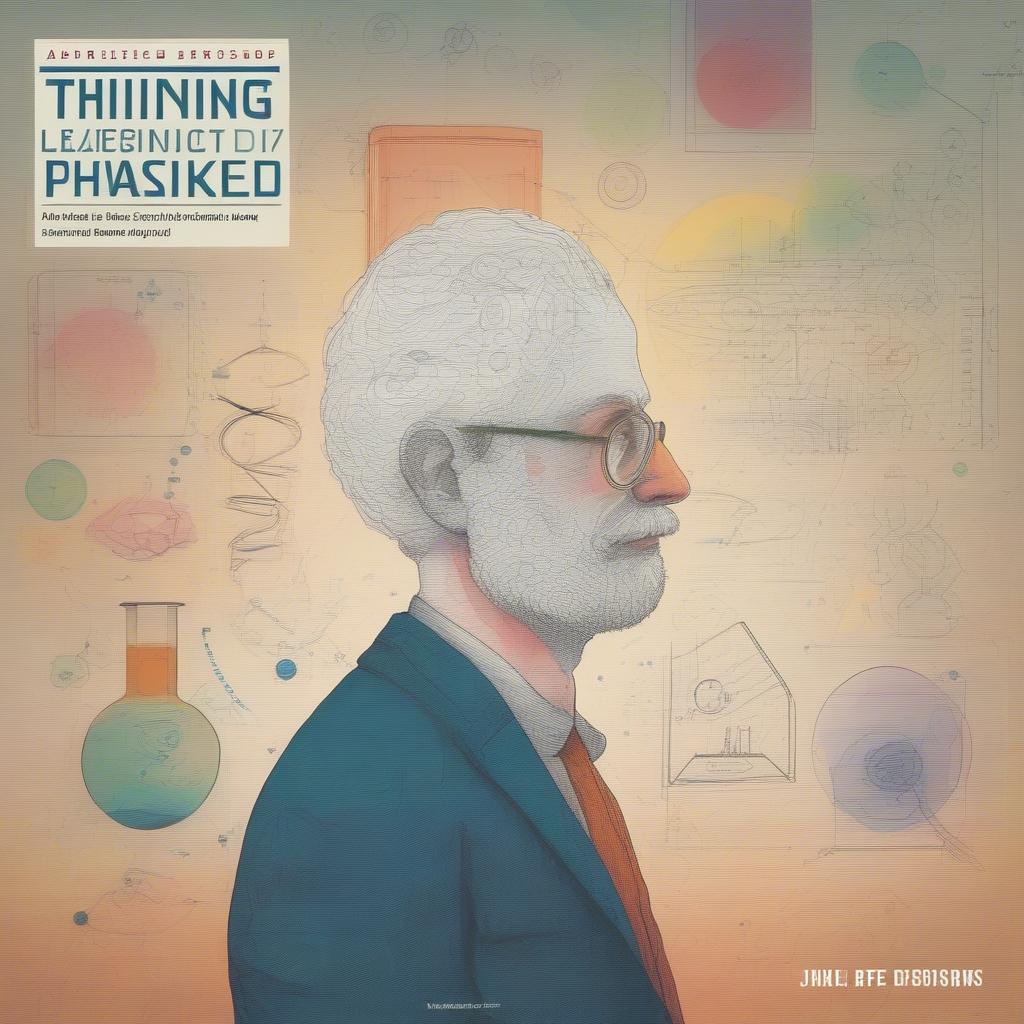“No one is born proficient; success comes to those who know how to train and strive!” – This saying has become a guiding principle for countless individuals on their journey of self-improvement. And among the most crucial skills to cultivate is thinking skills.
Have you ever wondered: How to think faster and more creatively? How to make accurate and effective decisions? How to solve problems logically and efficiently? These questions have driven many to seek methods and secrets to enhance their thinking abilities.
Brain Training Secrets from Great Books
Certainly, you can learn from real-world experiences and from those who have gone before, but reading books is an effective way to absorb knowledge and train your thinking skills in a systematic and scientific manner.
1. “Thinking, Fast and Slow” – Daniel Kahneman

“Thinking, Fast and Slow” by economist Daniel Kahneman, Nobel Prize laureate in Economics, is one of the best-selling books on thinking. The book provides profound insights into the two systems of thinking in the human brain: System 1, which operates quickly, intuitively, and based on emotions, and System 2, which operates more slowly, logically, and deliberately.
By analyzing how these two systems interact, the author helps readers better understand thinking errors and negative habits that affect human decision-making processes. This book is a useful tool to help you become more self-aware, learn to control emotions, and make wiser decisions in life.
2. “A Whack on the Side of the Head” – Roger Von Oech

“A Whack on the Side of the Head” by Roger Von Oech is a fascinating book filled with unique thinking methods to help you maximize your creativity. The book uses visual language, illustrative examples, and engaging stories to convey effective thinking skills.
The author introduces mind mapping – a powerful tool to help you organize and systemize information visually and memorably. “A Whack on the Side of the Head” is an endless source of inspiration for those who want to develop creative thinking, enhance problem-solving abilities, and become independent thinkers.
3. “Think Like a Physicist” – Leonard Mlodinow

Leonard Mlodinow, a renowned theoretical physicist, in his book “Think Like a Physicist,” shares the secrets of scientific thinking, helping you view problems from multiple perspectives, analyze information logically, and draw accurate conclusions.
The author asserts that scientific thinking is not just specialized knowledge but also an effective approach to problem-solving that helps us perceive the world objectively and rationally. This book is an essential companion for those who want to enhance critical thinking skills, make decisions based on logic, and develop their intellect comprehensively.
In addition, you can refer to other books such as:
- “Thinking, Fast and Slow” – Daniel Kahneman (Nobel Prize in Economics)
- “Choosing Happiness” – Đặng Hoàng Giang (Vietnamese author, loosely translated title for broader understanding as original might not have direct English equivalent and focuses on similar self-help themes)
- “Strategic Thinking” – Chu Xuân Sơn (Vietnamese author, loosely translated title, focusing on strategic thinking concepts)
- “Nudge: Improving Decisions About Health, Wealth, and Happiness” – Richard Thaler (Nobel Prize in Economics, using a well-known English title instead of translating back from Vietnamese)
Frequently Asked Questions:
- How do I know which thinking system I am using?
You can self-assess by testing yourself in simple situations. For example, when making a purchase decision, do you often think carefully about the pros and cons of the product, or do you rely solely on your initial feelings and impressions?
- How to train critical thinking?
Be proactive in asking questions, seeking information from various sources, analyzing information logically, and don’t hesitate to express dissenting opinions.
- Should scientific thinking be applied to all areas of life?
Scientific thinking is a useful tool, but it’s not a perfect solution for every problem. In some cases, emotions and intuition also play an important role.
Advice:
Choose books that suit your needs and interests, read attentively, and apply the knowledge gained to real-life situations. In addition to reading books, you should also participate in courses and discussions with knowledgeable and experienced individuals to develop your thinking skills most effectively.
Note: Thinking skills are a long-term training process. Be persistent, strive, and you will achieve unexpected results!
Contact us:
Phone Number: 0372666666, or visit us at: 55 To Tien Thanh, Hanoi. We have a 24/7 customer care team.